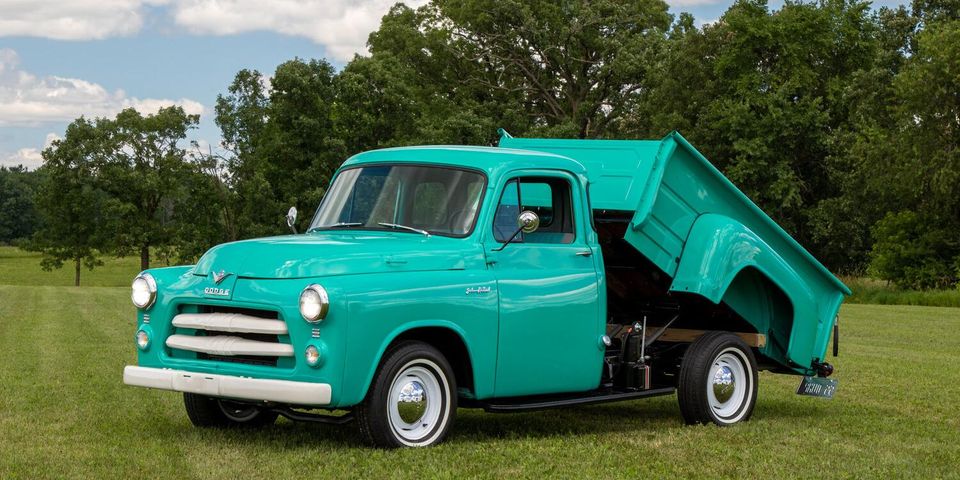The Essential Guide to Fueling a Vintage Truck

If you love vintage trucks, you probably know that it is challenging to drive them in modern times. This is because the gasoline that was common during the design of these vehicles is substantially different than what is currently available. Use the guide below to learn more about these differences so you can drive your vintage truck safely.
Why Modern Fuel Can Be Bad for Vintage Engines
Modern fuel often contains at least 10% ethanol, an alcohol that comes from corn or wheat. While this produces less emissions, ethanol is corrosive and eats away at cork and rubber seals in the engine. This is not an issue for modern vehicles; however, it is rough on the components in a vintage truck’s engine.
 Additionally, due to modern fuel synthesizing methods, today’s gasoline can leave deposits in your vintage engine. Even though modern fuel must have a minimum level of detergency to prevent engine deposit buildup, this may not be high enough for older cars. Furthermore, engines that were made for leaded gas—fuel that had a high lead content—may experience reduced efficiency using the current unleaded version that is available at gas stations.
Additionally, due to modern fuel synthesizing methods, today’s gasoline can leave deposits in your vintage engine. Even though modern fuel must have a minimum level of detergency to prevent engine deposit buildup, this may not be high enough for older cars. Furthermore, engines that were made for leaded gas—fuel that had a high lead content—may experience reduced efficiency using the current unleaded version that is available at gas stations.
What Type of Fuel Should You Use?
Unless you will be racing the truck or pulling a heavy load, unleaded gasoline can usually work as a replacement for leaded engines. However, if you’re concerned about the presence of ethanol, you can use a fuel additive to counteract the buildup and prevent premature wear and tear.
Also, many vintage truck owners find the best success with premium fuel because it resists preignition. Premium fuel also contains a higher octane level, which is less volatile than 87-octane grade fuel. This prevents the high levels of heat from causing spontaneous combustion and spark plug fires.
If you’re searching for a classic truck periodical, subscribe to Vintage Truck magazine. Published out of Xenia, OH, this magazine prints essential content and advice for vintage truck enthusiasts, including tips from experienced mechanics, engaging columns, and exciting features. The publication has readers from across the nation, so if you want to learn about restoring, maintaining, and working on trucks, it’s your one-stop shop. Call (937) 767-1433 or visit the website to learn more about the magazine’s subscription packages.
About the Business
Have a question? Ask the experts!
Send your question

